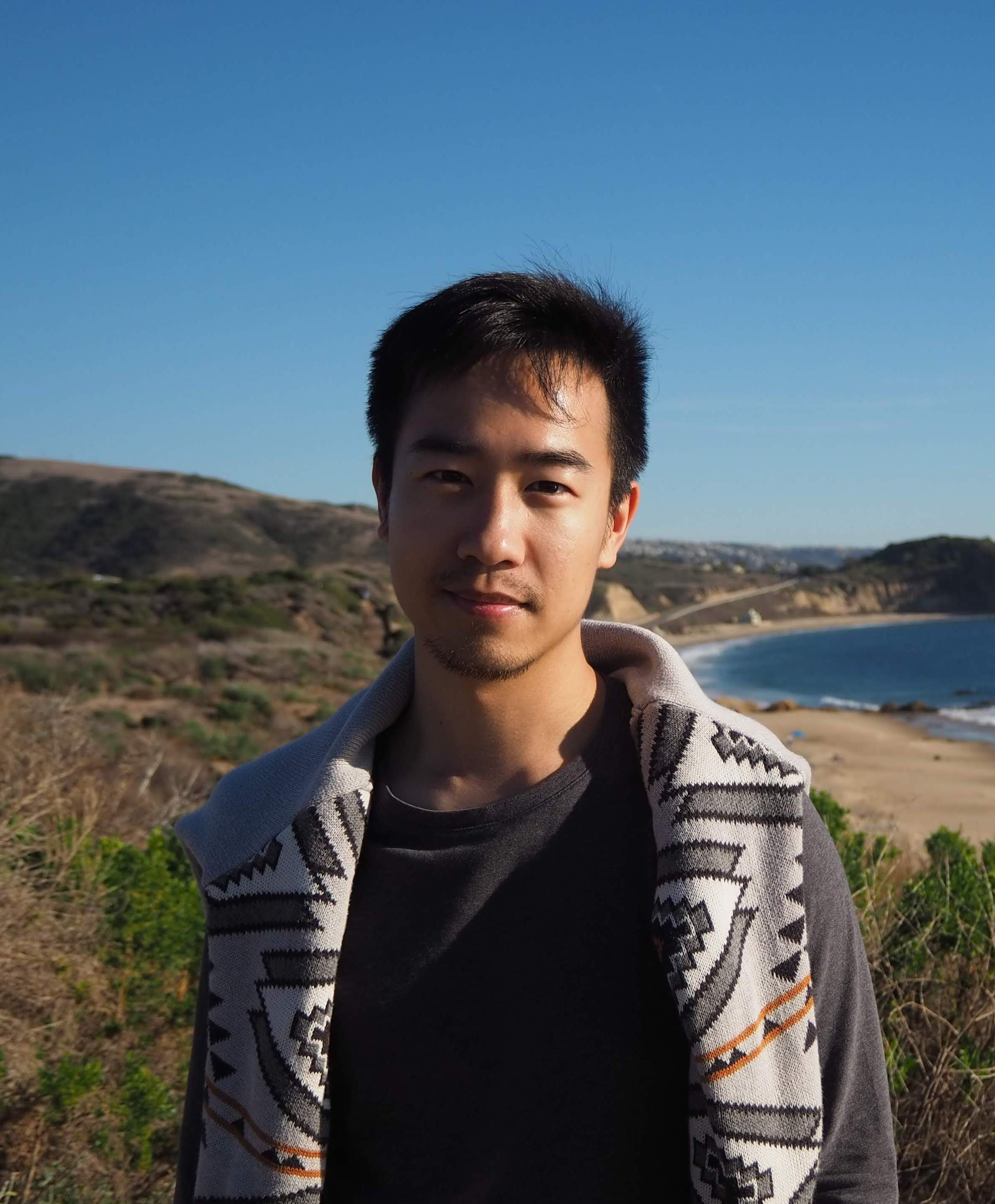of Victoria
Asian StudiesNavigation

Credentials
Ph.D., South & Southeast Asian Studies (Critical Theory Designated Emphasis), University of California-Berkeley
BA, Thai Language and Literature, Chulalongkorn University (Thailand)
Research Interests
- Comparative Southeast Asian intellectual history
- Modern Indonesia and Thailand
- Peripheral Marxism
- Anti-/post-/decolonial theories
I am a comparative Southeast Asianist specializing in the global intellectual history of modern Southeast Asia, with an emphasis on Indonesia and Thailand. I am a native speaker of Thai and fluent in Bahasa Indonesia. My research interrogates the intellectual foundations of Southeast Asian radical movements that are generally categorized as “leftist”—decolonial, left feminist, and eco-socialist, among others. In particular, I ask how and under what historical conditions Southeast Asian activists utilized available, but unevenly distributed, leftist praxes in their own political milieus for radical purposes. By treating Southeast Asians as critical thinkers in their own right, my intellectual-historical research contributes to the ongoing process of decolonizing Southeast Asian studies.
As a regional comparativist, I emphasize the interrelationship between units of comparison within and beyond Southeast Asia following Kuan-Hsing Chen’s inter-Asia and Tina Chen’s global Asias. I am intrigued, for example, to juxtapose contemporary formations of “leftism” emerging from the anti-royalist movement in Thailand, anti-neoliberal protests in the Philippines, and the Burmese uprising against the military dictatorship. My approach thus foregrounds the Southeast Asian co-production of global ideas in circulation, moving away from the global/local opposition and diffusion/derivation model towards ideas of global Southeast Asias or Southeast Asia in the world.
My first book project is a global intellectual history of left internationalism in Indonesia during the country’s postcolonial transition from the 1940s to the 1960s. It recuperates the vibrant praxis of internationalism emerging from the cooperation between the Indonesian left and actually-existing communism in the post-Comintern milieu. In this book, I have been developing a “peripheral Marxist” interpretive method in order to capture a Marxist worldview that had hoped to register and transfigure conditions of history outside of the capitalist centers and imperial metropoles. Peripheral Marxism is essentially a Marxism that concerns decolonization and the conditions of multiple oppressions in societies peripheral to global capitalism.
If you are further interested in my public intellectual profile, here are selected resources to check out:
- I am an advocate for the inclusion of Southeast Asians in academia. I take this to be another contribution to the process of decolonizing Southeast Asian studies. My piece in the Kyoto Review of Southeast Asia (2017) testifies to this.
- I have engaged in academic discussions in both Thai and Indonesian. In this online lecture (2020) for Chulalongkorn University’s Political Science, I talked about the residues of the Cold War in Southeast Asia (in Thai). In the following two discussions, I joined the Jakarta Center for Cultural Studies in discussing Black Lives Matter and the 2020-21 Thai Youth Protests in Indonesian (2020).
- My comments on the uprising in Myanmar at Haymarket Books (2021) demonstrate my comparative and inter-Asian approaches that situate Myanmar in relation to Thailand and other relevant forces in the region and the world.
- A group of progressive Indonesian historians called Sejarah Lintas Batas (2022) invited me to discuss left internationalism in Indonesia, which gives you a glimpse into my dissertation research.
- My interview (2022) with Berkeley’s Critical Theory offers an extended account of my intellectual inquiry, particularly my views on my Southeast Asian studies and critical theory training at Berkeley.